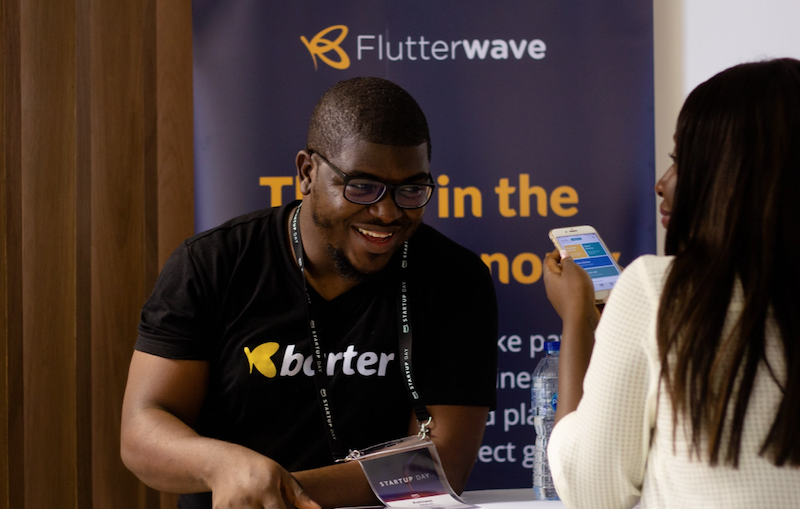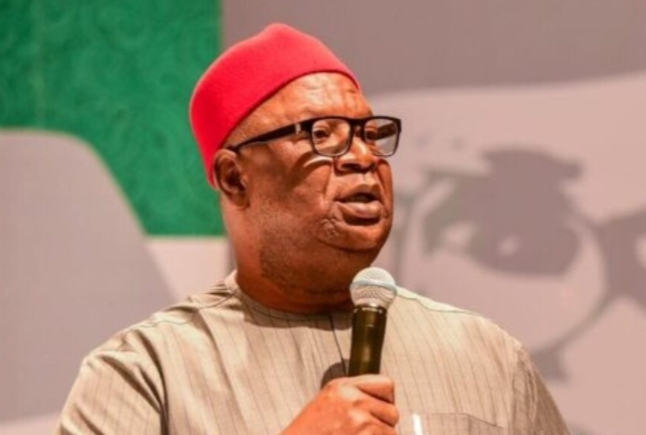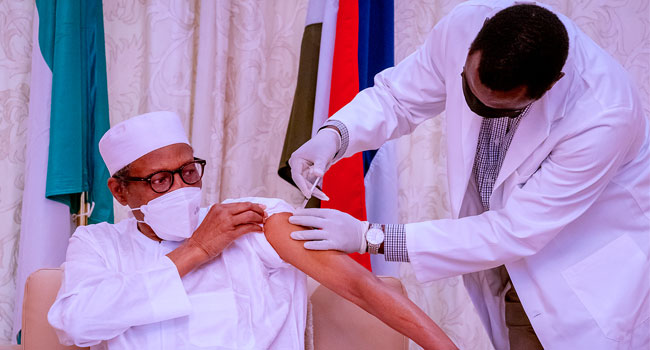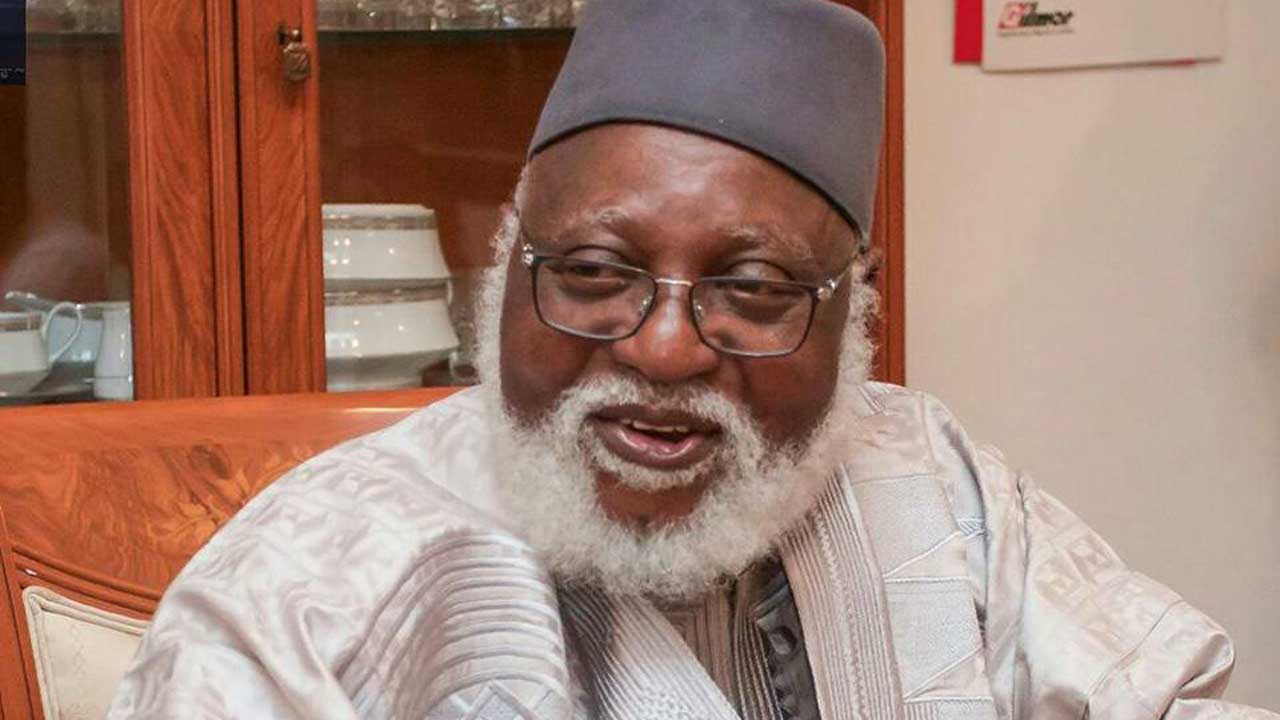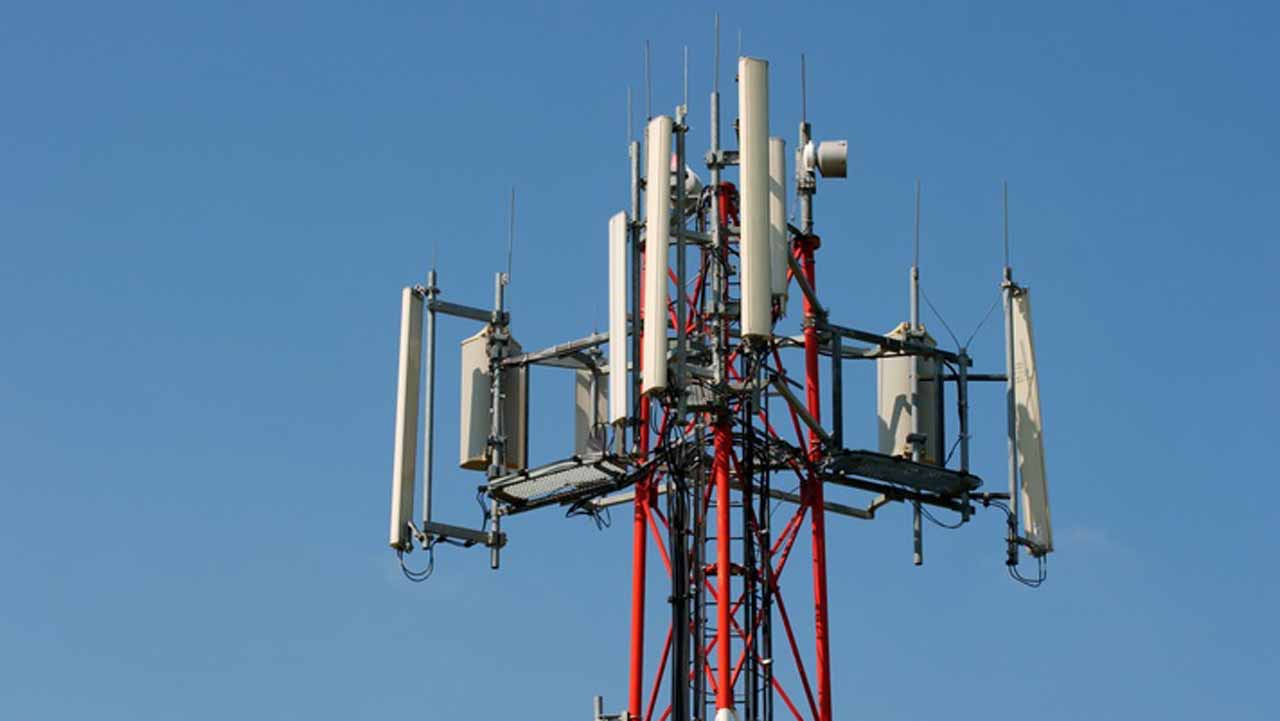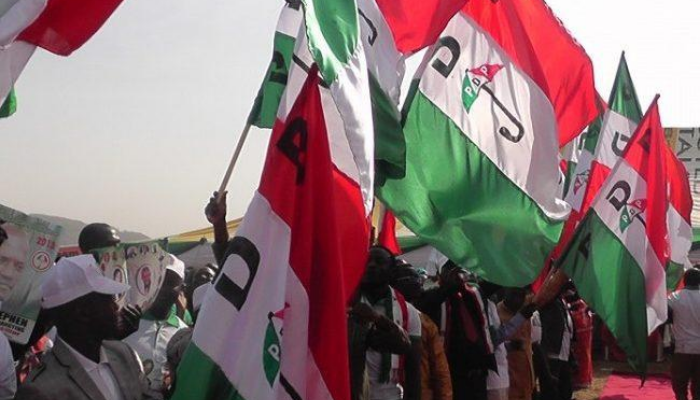As we await the festival of elections in 2023, a few polls this year are increasingly signposting the nature and manner of the general elections. The last of these off-season state elections (Anambra, Ekiti and Osun) took place last Saturday – the Osun State gubernatorial election. The conduct and outcome of last Saturday’s election in Osun offer significant lessons for 2023.
Some may think otherwise, but we differ. The Yorubas of South-west are arguably Nigeria’s most politically sophisticated nationality. They often define their interest per election and vote for it. The Osun election provides a barometer to gauge the political mood and appetite of the electorate for drastic socio-political change in the country. Osun could well be the microcosm of the macro dynamism of the Nigerian political space.
Some are focused on the candidates and the various party platforms , while others are concerned about the increasing influence of the “third force”, represented by Labour and the Accord parties. Others are concerned about the impact of intra-party feud, the potency of incumbency, and so on.
Yet, others are keenly following how outcomes may be affected by the role of institutions such as the Independent National Electoral Commission (INEC), security agencies, the media and of course, independent election monitors and NGOs.
On the use and deployment of technology, for example, there was a radical improvement in the deployment of the Bimodal Voter Accreditation System (BVAS) across the wards for the election. Though there were a few mechanical impediments, the BVAS significantly improved voter accreditation time and an atmosphere of peace around voting areas.
This, is in addition to the enormous turnout, sent a strong message that our voters are imbibing democratic culture.
One human element that has been the bane of Nigeria’s elections is rigging. The deployment of BVAS technology and electronic transmission of election results coupled with the eagle-eye vigilance of voters to ensure their vote counts have made election rigging a bit more complicated than in the past. The era of politicians sitting at home and writing election results irrespective of actual election results in the field is seemingly over.
However, vote buying is one aspect of rigging that has reared its ugly head in all the off-season elections. Osun politicians were more innovative in vote-buying than their Ekiti counterparts. Perhaps the presence of anti-corruption agencies may have reduced vote buying from the bazaar it was in Ekiti to a modest level in Osun. It is alleged that political agents from both APC and PDP bought votes at prices ranging from N2000 to N10,000 per vote. It is good that the security agents arrested some culprits, and it is essential to prosecute these criminals and make a scapegoat of them.
The victory of the opposition party, on the eve of next year’s general election, is an indicator of the complex nature of the electorate, greater awareness of the average Nigerian voter and the changing dynamics of election management influenced mainly by the use of technology and social media. A review of some of the core lessons from this election suffices.
First, the effective use of technology in the election process has mitigated some human factors that create unnecessary bottlenecks in our elections. BVAS technology worked efficiently in accrediting voters, and the electronic transfer of results helped INEC start on time to upload the election results in real-time. Nigerians are happy that the malfunctioning rate of the technology was insignificant and hardly impeded the election process. This efficient use of technology in the Osun election shows that INEC means business. If it works in Osun, it should work in other parts of Nigeria.
The second lesson is that rigging is becoming unpopular and may gradually belong to history in Nigerian elections. In all, it is self evident that the vote counts in today’s Nigeria. The call for voters to get their PVCs is germane, and people would be more inclined to vote now, knowing that their choices matter.
We hope that this will make leaders produced from this process to be accountable to the electorate. This marks the beginning of true democracy in Nigeria – the supremacy and power of the people through balloting.
However, the progress made in tackling rigging may be undermined by the politics of financial inducement. This anomaly seemed stubbornly present even in Osun elections, and we must urgently do something to halt it radically. We must eliminate the market of votes.
Democracy is not for sale, and people should never be encouraged to sacrifice their future on a platter of paltry N2000-N10,000. Voters should vote based on their convictions and understanding of the qualities of the leaders they want. Although , the counter narrative is that there is no guarantee that voters who collected money voted in a particular pattern. Proper secret balloting in a safe and secure environment takes away that luxury and gives the voter the opportunity to act according to his/her conscience .
The third lesson is that social media is essential, but the on-the-ground mobilisation of voters is still the main battlefront in politics. Social media ‘likes’ and positive commentaries will not replace actual participation by voting. All the people on social media canvassing for a candidate of their choice must “walk the talk”. They should start by getting their PVCs, mobilising people in their network to get PVCs and vote during the election proper.
We cannot also underestimate the power of political structure. The weak structures of Labour Party and Accord Party may have contributed to their poor performance although there is also the counter-narrative that if the election was about structures alone, the APC would not have lost.
Yet, fringe parties must develop and deploy political structures, networks, and systems to challenge the big two. This may take some time to yield the expected result. Social media is an operational platform to educate, engage and mobilise your followers to champion the party’s ideology and the candidates’ qualities and skills to the mass electorate.
Social media as a tool for mass mobilisation is their most potent and powerful usage for political purposes. Converting social media users to voters is where the job is. Therefore, new, and small parties must be careful not to properly confuse the two – social media engagement and voting exercise. The outcome of Osun election should not discourage non mainstream parties from pushing for a new order .
The fourth lesson is that when all institutions work effectively in delivering a free and fair election, it makes for a peaceful election with no rancour and mayhem. States with flashpoints of electoral violence must study Osun elections, putting it in local context and milieu, and putting together a plan to eradicate electoral violence from our political lexicon.
As Nigeria’s voice and call for political and socio-economic change are reaching a crescendo, the battle line is drawn between the new kids on the political block and the oldies that have been maintaining the orthodoxy. The youths seem to be drawn to the new and fanciful political reality led by some of them to overhaul and completely take over politics as leaders of today and tomorrow.
Most of the older ones are sceptical of the “new songs of freedom” sung by these youths. They have been around enough to know that reality differs from the utopia nature of mass political movements that want to change existing political platforms and power structures.
Notwithstanding this raging conflict, and we are poised to see more of it in the coming days leading up to the 2023 general elections, we are sure that the elections next year could be the “Mother of all elections” in Nigeria. If technology and human factors allow for a free and fair election as exemplified by Osun election, it would be hope rising for democracy and dream of a better country. We must get it right come 2023.

